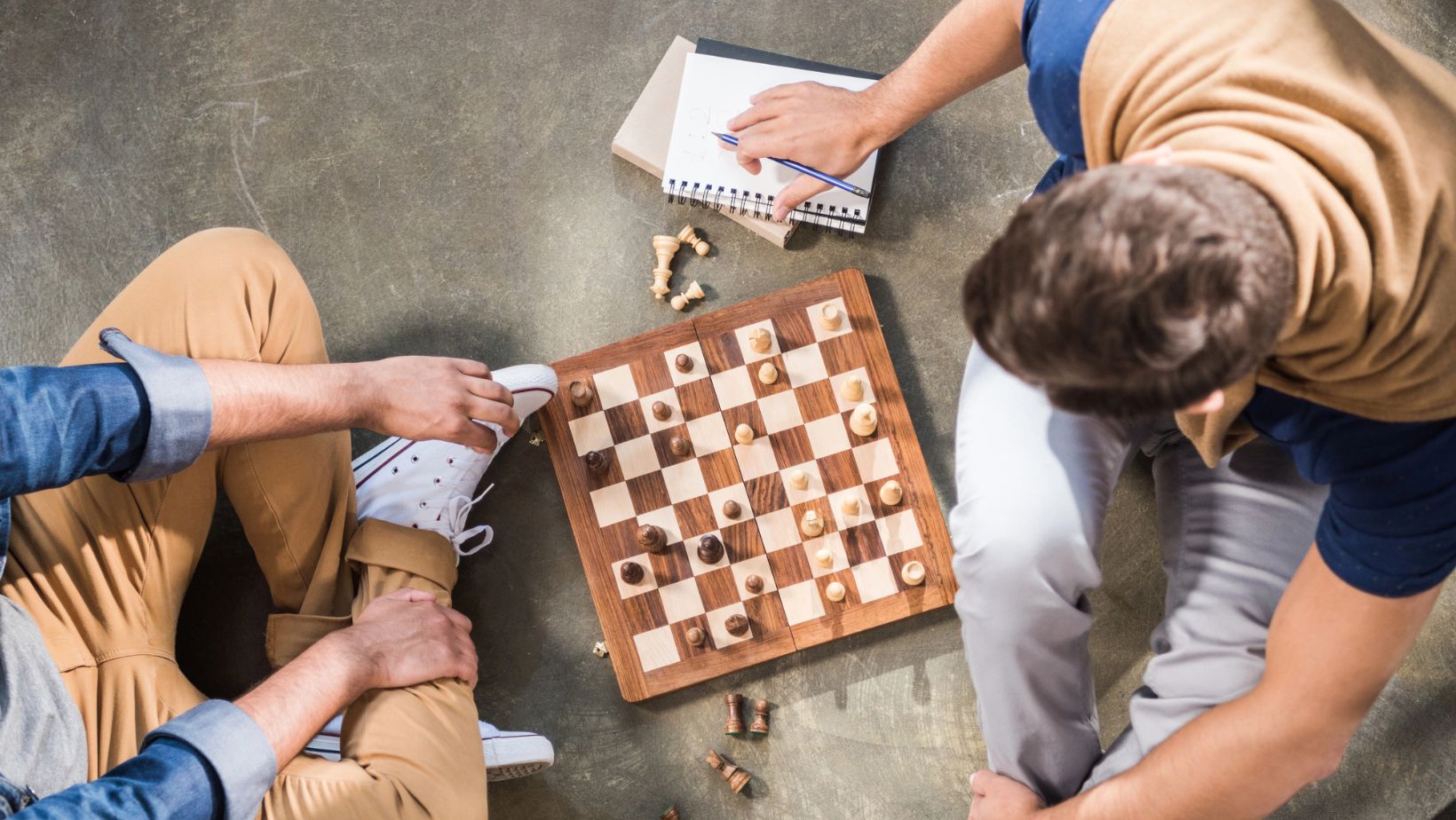American Chess Day, observed annually on September 1st, pays homage to one of the world’s oldest and most beloved games. This day celebrates the rich history and cultural significance of chess in the United States, recognizing its impact on strategic thinking, problem-solving, and intellectual growth.
History of American Chess Day
The origins of American Chess Day can be traced back to the early 20th century when chess enthusiasts across the nation sought to promote the game and its benefits. In 1976, the United States Chess Federation (USCF), the governing body for chess in America, officially established September 1st as American Chess Day. The date was chosen to coincide with the start of the U.S. Open Chess Championship, one of the most prestigious chess tournaments in the country.
The USCF’s decision to create American Chess Day was driven by a desire to raise awareness about the game and encourage more people to take up chess as a hobby or competitive pursuit. By dedicating a day to celebrate chess, the USCF aimed to showcase the game’s rich history, its educational value, and its potential to bring people together across generations and cultures.
Over the years, American Chess Day has grown in popularity, with chess clubs, schools, libraries, and community centers organizing events and activities to mark the occasion. These celebrations often include chess tournaments, simultaneous exhibitions, lectures by renowned chess players, and introductory classes for beginners.
Ideas to Celebrate American Chess Day
There are numerous ways to celebrate American Chess Day, whether you’re a seasoned player or a curious beginner. Here are some ideas to help you make the most of this special day:
- Organize a chess tournament with friends, family, or colleagues. You can create a bracket-style competition or simply play casual games to enjoy the spirit of the day.
- Visit a local chess club or participate in online chess communities to connect with other enthusiasts, learn new strategies, and engage in friendly matches.
- Introduce chess to children or newcomers by hosting a beginner’s workshop. Teach the basic rules, piece movements, and simple tactics to help them fall in love with the game.
- Explore the history of chess by reading books, watching documentaries, or visiting websites dedicated to the game’s rich heritage and famous players.
- Support local chess programs or donate chess sets to schools, libraries, or community centers to help promote the game and its educational benefits.
The Educational Benefits of Chess
Chess is more than just a game; it is a powerful educational tool that can help develop critical thinking, problem-solving, and decision-making skills. Studies have shown that playing chess regularly can improve memory, concentration, and creativity, making it an excellent activity for people of all ages.
In schools, chess programs have been implemented to enhance students’ cognitive abilities and academic performance. By learning to anticipate their opponent’s moves, plan strategies, and adapt to changing circumstances, children develop valuable skills that translate well beyond the chessboard.
Moreover, chess teaches important life lessons such as sportsmanship, patience, and the ability to learn from mistakes. These qualities are essential for personal growth and success in various aspects of life, from academics to professional careers.
Chess in American Popular Culture
Chess has long been a part of American popular culture, featured in movies, television shows, and literature. From the classic musical “Chess” to the iconic scene in “The Queen’s Gambit” where Beth Harmon takes on multiple opponents simultaneously, chess has captured the imagination of audiences and inspired generations of players.
The game’s influence extends beyond entertainment, with many notable figures in American history being avid chess players. Benjamin Franklin, one of the Founding Fathers, was a skilled player and even wrote an essay on the “Morals of Chess” in 1786. Other famous American chess enthusiasts include presidents like Abraham Lincoln, Ulysses S. Grant, and John F. Kennedy, as well as celebrities like Madonna, Will Smith, and Bono.
American Chess Day serves as a reminder of the game’s enduring appeal and its ability to transcend boundaries, bringing people together in the pursuit of intellectual challenge and camaraderie. As we celebrate this day, let us embrace the timeless wisdom and joy that chess offers, and continue to promote its value for generations to come.
